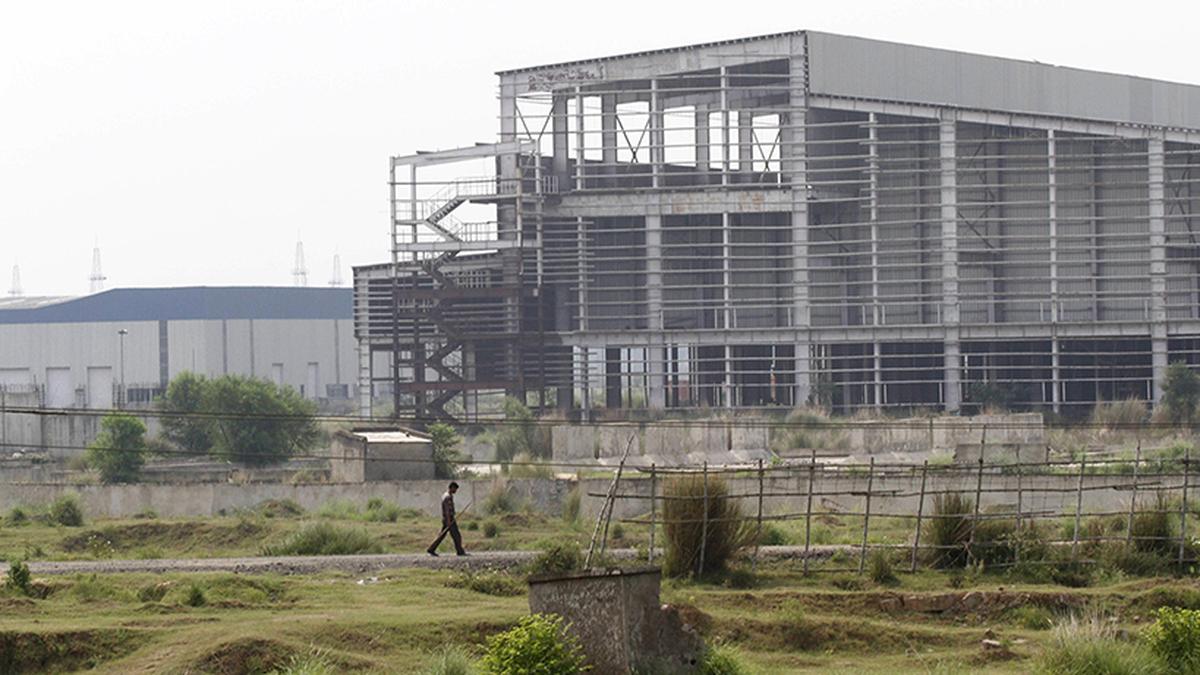
16 years on, Tata Motors’ forced pullout from Singur still haunts Bengal politics and economy
The Hindu
Ever since Tata Motors announced the pullout from setting up a car factory at Singur in the State following widespread protests over forcible acquisition of agricultural lands in October 2008, West Bengal has been struggling to shed its anti-industry image and attract big-ticket business investments.
On October 3, 2008, under the pressure of relentless protests, Ratan Tata announced the decision to pull out from the plan to set up a small car factory at Singur in West Bengal’s Hooghly district. Ever since, the State has been struggling to shed its anti-industry image and attract big-ticket business investments. One of the iconic business leaders of the country, the former Tata Group chairman, who died on Wednesday night (October 9), has had an enduring impact on the State’s politics and economy.
For over two decades, the State politics remains hinged on the question whether forcing Tata Motors out of Singur by protests against forcible land acquisition made much of an economic sense. When Tata Motors made the proposal, under Mr. Tata’s leadership, to set up the car factory, it provided a hope for many in West Bengal at a time the State was grappling with flight of capital for decades.
At his first press conference after the Communist Party of India (Marxist)-led Left Front came to power for the seventh consecutive time in the State in 2006, then Chief Minister Buddhadeb Bhattacharjee announced the setting up of Tata Motors car factory at Singur. Mr. Bhattacharjee, who passed away on August 8 this year, was close to Mr. Tata and seemed to be in a hurry to bring in big-ticket investments to the State.
Following the announcement, there was a widespread perception that the Communist government was forcibly acquiring multi-crop agricultural land for industry, and the Left parties paid a dear price by losing their 34-year-old grip on the State.
In 2011, when Mamata Banerjee-led Trinamool Congress defeated the Left Front, in her first media interaction, Ms. Banerjee announced that the land parcels of farmers acquired for the car factory at Singur would be returned to them. The 997-acre land was handed over to famers in 2016 after the Supreme Court declared the land acquisition illegal.
Ms. Banerjee, who has started blaming the CPI(M) for the industrial debacle of the State, was among the leaders to laud the contribution of Mr. Ratan Tata following his demise. “The former Chairman of Tata Group had been a foremost leader of Indian industries and a public-spirited philanthropist. His demise will be an irreparable loss for the Indian business world and society,” she posted on social media.
Senior CPI(M) leader Rabin Deb, who contested the 2016 Assembly polls from Singur Assembly seat, said, “The ghost of Singur continues to haunt West Bengal even after so many years. For both Mr. Tata and Buddhadeb babu, the setback at Singur was personal. It pushed the State into a situation where it has become difficult to attract any business,” Mr. Deb said.











